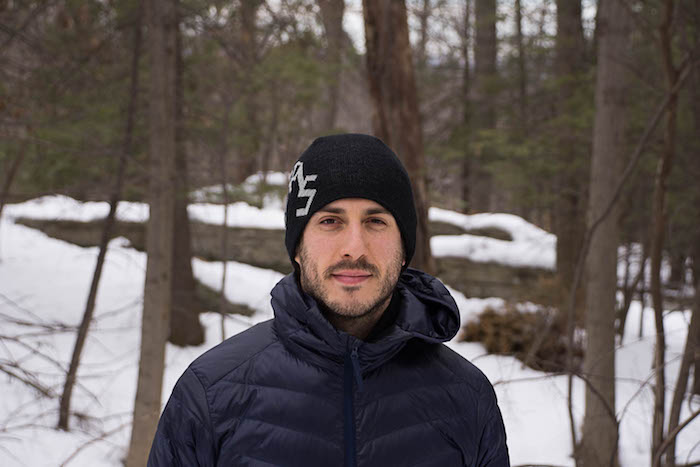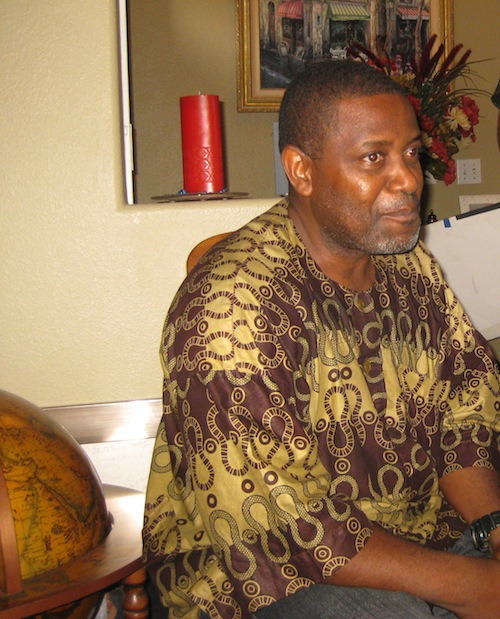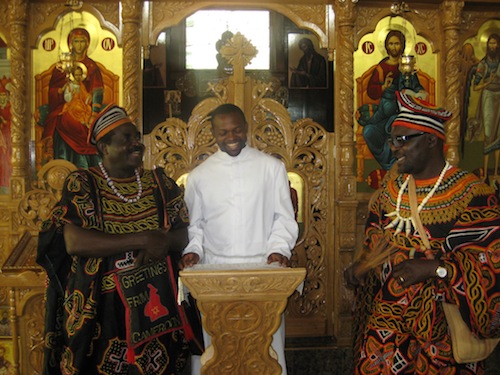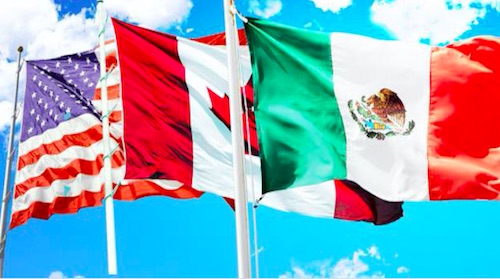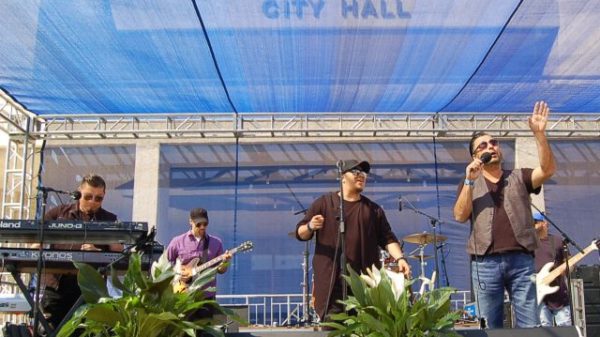Magazine, Making Money, The Immigrant Experience
Roman Zelichenko didn’t always know he wanted to work in immigration. In fact, Roman, who came to the United States at a young age from the former Soviet Union, didn’t really know his own immigration story until he was in his twenties.
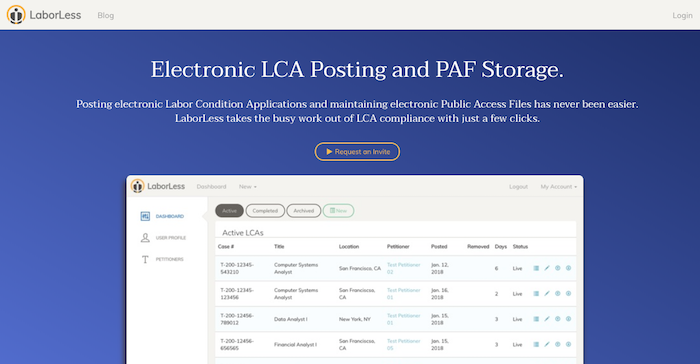 Today, after working as an immigration attorney and a startup consultant, Roman is the founder of LaborLess, a technology startup that helps immigration professionals automate an H-1B visa compliance process known as Labor Condition Application (LCA) posting. It helps employers post and compile information about job openings that may be filled by highly skilled, foreign-born applicants. “I never thought I’d end up here,” Roman said, “but when I take a step back and reflect, launching my own immigration compliance startup makes perfect sense.”
Today, after working as an immigration attorney and a startup consultant, Roman is the founder of LaborLess, a technology startup that helps immigration professionals automate an H-1B visa compliance process known as Labor Condition Application (LCA) posting. It helps employers post and compile information about job openings that may be filled by highly skilled, foreign-born applicants. “I never thought I’d end up here,” Roman said, “but when I take a step back and reflect, launching my own immigration compliance startup makes perfect sense.”
Like many other Russian speakers who emigrated to the United States at the end of the Soviet era, Roman’s family moved from the Soviet Union to New York City in 1990. They came here as political refugees and reunited with family who had made it here earlier.
Roman was two and a half years old when they arrived. He grew up hearing some of the stories of their journey, but he didn’t remember any of them. “I don’t have an accent – well, maybe a slight New York accent when I get annoyed, went to school in the U.S., and grew up reading Goosebumps, skateboarding outside and trading basketball cards. I focused on school and tried to live a normal life. I worried about the present and planned for the future, but never really thought too much about my past, especially my family’s immigration story. My immigration story.”
Roman was introduced to immigration law during a summer internship in law school at Fragomen, Del Rey, Bernsen & Loewy LLP, the world’s largest global immigration law firm. As an intern, Roman researched everything from work visas to asylum processes. “It was fascinating. That’s when I realized I wanted to be an immigration lawyer,” he recalled. “Coming from an immigrant home, I was able to connect to every client’s story and their desire to come to the US for a better life.”
When the Fragomen internship was over, he got an interview for another immigration law internship at HIAS, a nonprofit that provides humanitarian aid to refugees. That’s when everything changed.
“I will never forget that day,” Roman remembered. “I came home and, offhandedly, mentioned to my mother that I got an interview with this nonprofit called HIAS. ‘HIAS? As in, the Hebrew Immigrant Aid Society?’ She asked. ‘Yes…’ I answered, surprised that she had heard of it.”
Roman went on. “So she exclaimed, ‘We went through them! When we left the Soviet Union, HIAS helped us get to the United States. They helped a lot of our other family members and friends too. Didn’t you know that?’ I thought about it for a minute. I probably knew this from my younger years, but I couldn’t recall. It was bizarre.”
Needless to say, Roman got the internship and spent the semester focusing on asylum and refugee law. He loved it so much that he even got a summer internship at their Tel Aviv, Israel office, assisting Ethiopian and Eritrean refugees living in Israel. “It felt surreal. I was working for the organization that helped my family start a new life in the US, helping others do the same thing. To call it rewarding would be an understatement. I knew I wanted to stay in the immigration field after I graduated.”
Roman knew there were other Brooklyn Law School students interested in immigration law, so during his last year he founded and was president of an immigration law student group. “That’s when my entrepreneurial instincts started to kick in,” said Roman. “I always had business ideas but never felt the urge to act on them. This time, however, I knew there was a need and I for some reason was driven to fill that need. So I proposed a new student group, got an executive board, drafted our charter, and we were off.”
After graduating, Roman joined a mid-size immigration law firm, focusing his work on H-1B visa applicants. “It didn’t have the emotional weight of asylum work, but the truth is I was still helping people come to the US for a better life. When their work visas were approved and we gave them the good news, they were invariably ecstatic and extremely thankful. It was a good feeling.”
This is where Roman’s entrepreneurial instincts kicked in again. “Our firm was processing hundreds and hundreds of H-1B visas, yet there was this pesky compliance process that was extremely manual. I dug around and discovered that it could be automated, which would save both immigration lawyers and HR professionals heaps of time and paper. And so the idea behind LaborLess was born.”
But Roman didn’t know the first thing about starting a technology company. So he moved back up to New York, got an entry-level job in tech, and learned from the ground up. As he got the hang of it, he started helping small startups on the side. “I wasn’t just a lawyer anymore,” Roman said, excitedly. “I was now a lawyer with business savvy. I realized this skill set would be helpful for early stage startups, so I began consulting on the side.”
Roman didn’t forget his roots, though. Even though he was no longer practicing immigration law, he stayed involved in the field. At first he volunteered with a local law school clinic, helping translate for a Russian asylum seeker. Then, on January 31, 2017, when the federal government banned individuals from seven Muslim-majority countries from entering the US, Roman answered the call. “I knew there were volunteer immigration attorneys down at JFK trying to figure things out – it was a Sunday and I was out to lunch when I got the news. I felt I had to do something. I decided to just show up at the airport and see if I could be of any help. Long story short, that Monday was the first day I ever called out of work. I ended up volunteering at the airport for twenty-two straight hours, and came back after work every night that week until the ban was lifted.”
It turned out there were sufficient lawyers on site at JFK to provide legal services, so Roman took up liaising with these attorneys and writing press releases based on their reports. The effort came to be called #NoBanJFK, and received news coverage, specifically through Roman’s press releases, by the Associated Press, local news and other online outlets and news agencies.
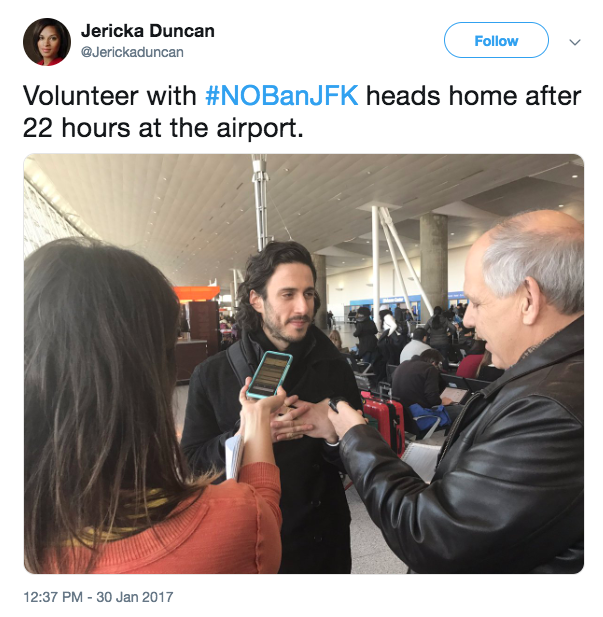 “It was an incredible experience given the circumstances. Dozens of attorneys and other professionals poured in day after day, leaving their egos at the door and working together in an effort to help detainees and families at the airport. We started the week off in absolute chaos, with protests outside, heightened policy security, the whole nine yards. By the end of the week, though, we were organized and efficient, running more like a law firm than a bunch of volunteers.”
“It was an incredible experience given the circumstances. Dozens of attorneys and other professionals poured in day after day, leaving their egos at the door and working together in an effort to help detainees and families at the airport. We started the week off in absolute chaos, with protests outside, heightened policy security, the whole nine yards. By the end of the week, though, we were organized and efficient, running more like a law firm than a bunch of volunteers.”
With all this behind him, and with a renewed sense of passion for the immigration process, Roman finally left his full-time job in mid-2017 to launch his immigration startup, LaborLess. “I spoke to so many immigration lawyers and HR professionals that hated dealing with the paperwork associated with H-1B visa compliance, particularly the manual LCA posting process. So I partnered up with a technical co-founder, mapped out the product, and together we built the solution. It’s been a challenging, rewarding and highly informative process – I was able to finally bring to life something I had been thinking about for years.”
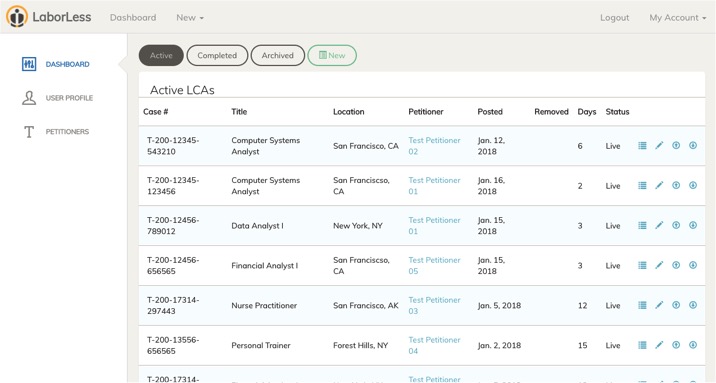 Roman now spends his time talking to immigration lawyers and HR professionals about their H-1B visa and LCA posting process, constantly improving his software, and blogging about his findings on the company’s blog.
Roman now spends his time talking to immigration lawyers and HR professionals about their H-1B visa and LCA posting process, constantly improving his software, and blogging about his findings on the company’s blog.
“I don’t know what the future has in store for me,” pondered Roman aloud, “but I do know that I will always continue to advocate for immigrants. I wouldn’t be here if the US hadn’t opened its arms to my family, and I believe others deserve that chance too.”

